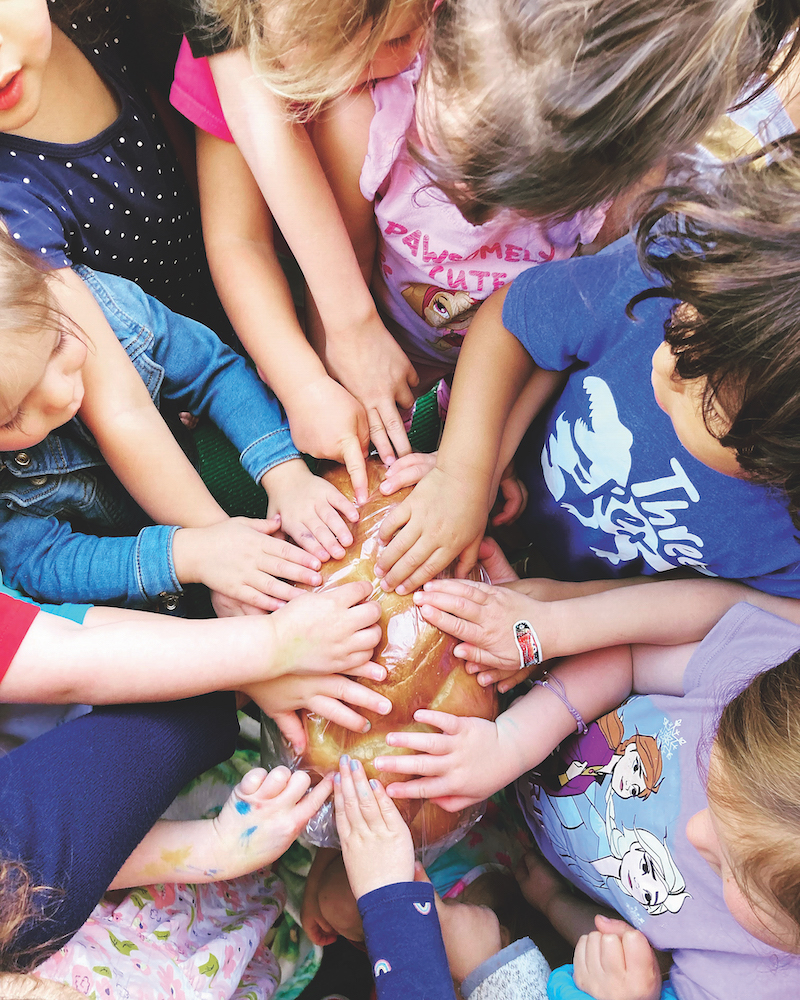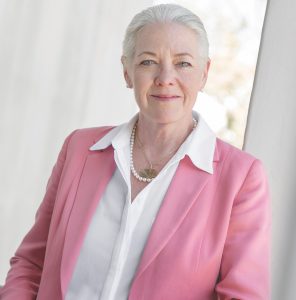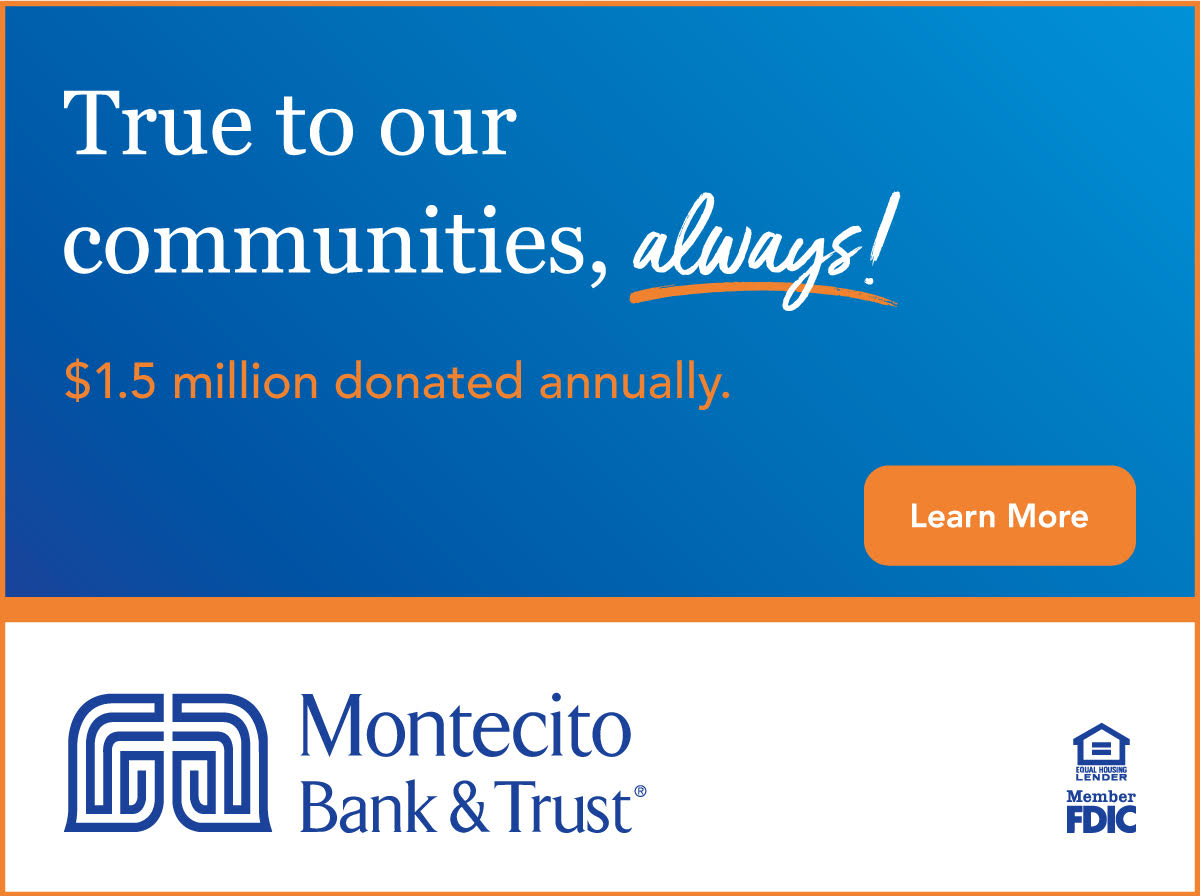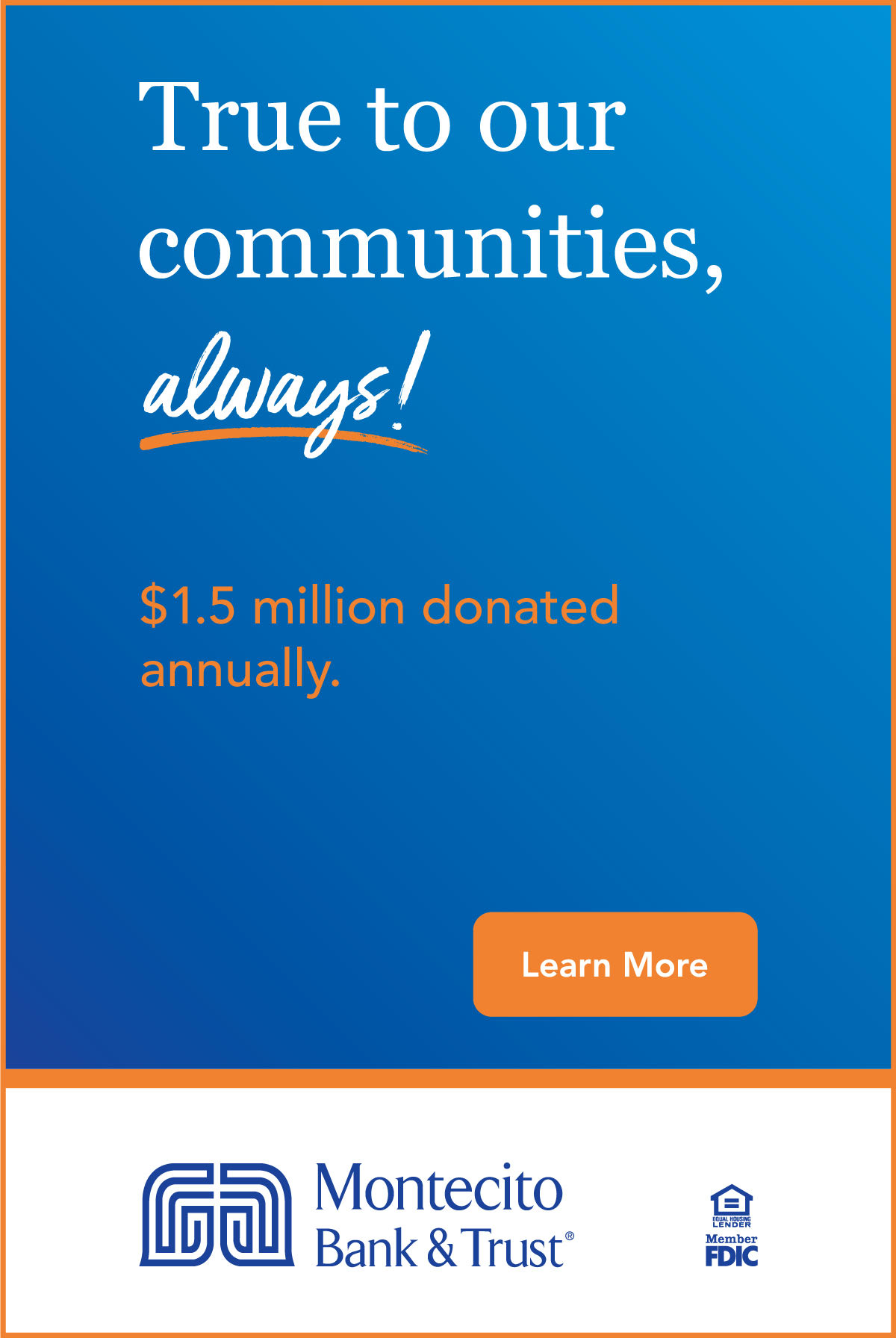Repairing the World, Helping the Unsheltered, and Building a Community Campus – Congregation B’nai B’rith
Tikkun olam, translated as “repairing the world,” is one of the most important social justice concepts of contemporary Judaism. The concept has a long history in the Jewish tradition, reaching back to the rabbis of the Talmud who used the term to describe actions that bettered the world, often giving up something in order to achieve a higher social purpose. Tikkun olam is the recognition that the human world is delicate and can easily be degraded or destroyed, and is related to other vital terms within the Jewish tradition that describe acts of social justice including tzedakah (righteousness) and tzedek (justice).
“Tikkun olam refers to the way a group of people, a community, comes together to repair and maintain the fabric of our collective lives.” And according to Rabbi Stephen Cohen, Congregation B’nai B’rith’s (CBB) senior Rabbi, this concept is the guiding principle of what “we do as part of a collective. It is shared work or a shared project.”
Indeed, Rabbi Cohen, along with the congregants at CBB, are walking the talk. Through their commitment to a set of interconnected philanthropic initiatives, CBB is not only working to connect with and support the greater Santa Barbara community, but indeed the world community.
Partnership with Givat Haviva International School

Givat Haviva International School (GHIS) is a private high school in Israel that aims to prepare its students to become the leaders of the next generation; leaders who not only complete the academically rigorous International Baccalaureate high school degree, but also build skills that will allow them to go beyond the cultural, political, economic, and religious chasms that all too often frustrate and erode mutual understanding and empathy. It is a unique residential program school in that 25 percent of the student body is made up of Israeli Jews, 25 percent Israeli Arabs, and 50 percent international students from more than 20 countries, such as Kosovo, Sudan, and Liberia, many of which have suffered long, devastating, internal conflicts. While the classes of GHIS reflect the demanding structure of this international high school program, the real work of the school is not just in the classroom. Each dorm room, for example, has three students; one Israeli Arab student, one Israeli Jewish student, and one international student and, from the very beginning, students set out how they will manage their rooms. This is achieved through much dialogue and discussion in which the students are always learning from one another. As a partner with GHIS, members of CBB contribute to scholarship funds to support students, work with students as tutors and mentors, and often help students develop research projects.
One of those students, mentored by members of CBB, was, just four short years ago, paying for his middle school by pedaling a rickshaw in the streets of Monrovia, Liberia. Today, as a student at Santa Barbara City College, he serves as the student trustee to SBCC’s Board of Trustees, and this past spring was elected to serve as student body president.
Neighbors Ensuring Food, Equity, Safety, and Housing
Congregation B’nai B’rith is committed to working with those in the local Santa Barbara community who are experiencing housing and food insecurity. Rabbi Daniel Brenner, Congregation B’nai B’rith’s Associate Rabbi, explains that homelessness is a much larger and complex social issue than just not having housing. “It is really a matter of people being unsheltered,” Rabbi Brenner says. CBB created a group using the Hebrew word for soul or spirit called nefesh that is an acronym that conveys the extent of the needs of the unsheltered: “Neighbors Ensuring Food, Equity, Safety, and Housing.”
Through NEFESH, CBB partners with other groups in Santa Barbara to fund housing vouchers and has created a “Welcome Home Kit” for people who are moving off the street and into a home, providing them the essentials they will need, including sheets, blankets, and a lamp. But the main focus is with DignityMoves, a nonprofit organization that works to end homelessness in our communities by building interim supportive housing with rapid, cost-effective, scalable solutions. Locally, this effort has provided 33 housing units, on a lot owned by Santa Barbara County, for individuals to stay in until they are able to move into permanent housing. Congregation B’nai B’rith helped to fund three of those units.
As Rabbi Brenner reminds us, his congregation believes deeply in the words of Prophet Isaiah, which are read each year on Yom Kippur, the Day of Atonement, the holiest day in the Jewish calendar. “To let the oppressed go free; to break off every yoke. It is to share your bread with the hungry, and to take the wretched poor into your home. When you see the naked, to clothe him, and not to ignore your own kin.”
Building Dreams
As CBB moves toward marking its centenary here in Santa Barbara, it looks to expand its role in the community as a cultural center, rooted in a system of values, the values of tikkun olam. In early 2023, CBB will break ground on “Building Dreams,” a major renovation of their synagogue campus.
Through this reimagined campus, CBB will be able to play a convening role for the community by providing an “important interfaith gathering place,” says Rabbi Cohen, “A place where people, all people, will find food, conversations, and discussion about the past, the present, and the future.” The new facility will have accessibility improvements for people in wheelchairs, walkers, and baby strollers. The project also demonstrates CBB’s commitment to sustainability so that visitors will become more aware of our impact on the environment. Energy and water use will be evident in every component of the new campus. The learning center will encourage not only interfaith gathering, but intergenerational and multigenerational learning where seniors will interact with young children from the Beit HaYeladim Preschool.
Congregation B’nai B’rith continues, in all of its philanthropic outreach, to live and practice “tikkun olam.” For CBB, that starts right here in Santa Barbara.
Congregation B’nai B’rith
Donate now!cbbsb.org
(805) 964-7869 x108
Director of Development: Julia George
Mission
Congregation B’nai B’rith’s doors remain open to all seeking a home for Jewish education, culture, and values. Together, we are dedicated to fostering a warm, inclusive, and vibrant Jewish community.
Begin to Build a Relationship
We know you care about where your money goes and how it is used. Connect with this organization’s leadership in order to begin to build this important relationship. Your email will be sent directly to this organization’s director of development and/or Executive Director.
We are making this enormous effort, to which many of us have already given many thousands of dollars, and hundreds and hundreds of hours of our lives, with hope and a prayer that 30 years from now, 50 years from now, there will be Jewish children learning and playing here, and Jewish adults gathering for community and working together to make the world better.


